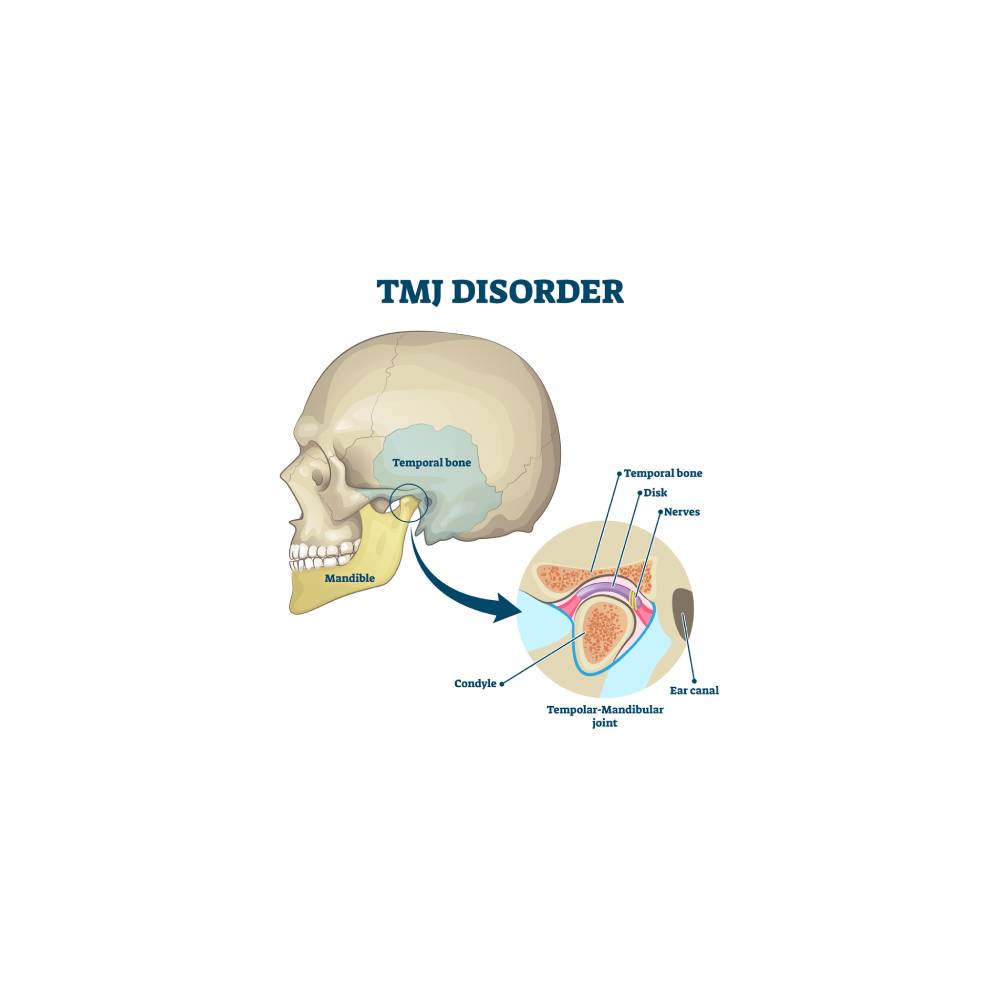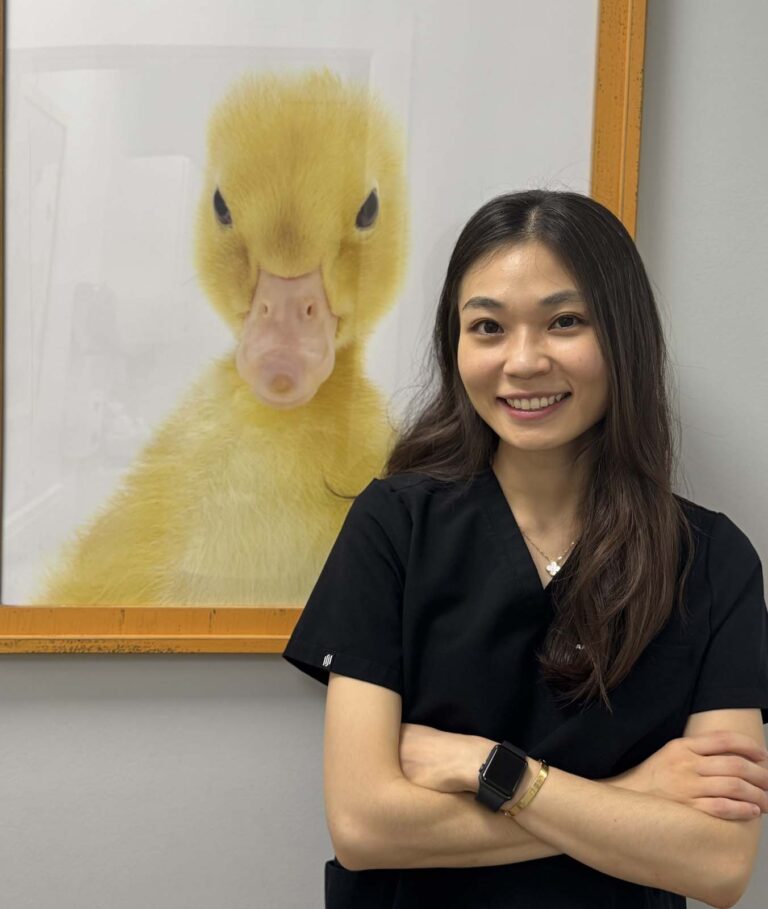TMJ Disorder
TMJ disorder affects the temporomandibular joint, which connects your jaw to your skull, leading to pain, stiffness, and discomfort. If you're experiencing jaw pain or difficulty chewing, a TMJ dentist can help diagnose and provide effective TMJ treatment options to relieve your symptoms.
TMJ Doctor in Westfield & Cranford, New Jersey
The temporomandibular joint (TMJ) is located just below the ears and acts as a hinge, allowing your jaw to move when you talk, chew, or yawn. When this joint becomes inflamed or misaligned, it can cause TMJ disorder, leading to pain, tenderness, and difficulty moving the jaw. While the exact cause of TMJ disorder can be hard to identify, common contributors include misalignment of the jaw, arthritis, or injury. Teeth grinding, also known as bruxism, can also increase your risk of developing TMJ issues.
Some people may inherit a predisposition to TMJ problems, making them more likely to experience symptoms. Regardless of the cause, our TMJ doctor will work with you to create a personalized TMJ treatment plan aimed at relieving discomfort and restoring proper jaw function.

-
What are the symptoms of TMJ disorder?
TMJ disorder often presents with a variety of symptoms, including pain or tenderness in the jaw, clicking, or popping sounds when moving the jaw, difficulty chewing, and even headaches or earaches. Some patients also experience a limited range of motion in their jaw, making it difficult to open or close their mouth fully. If left untreated, these symptoms can worsen over time, making it essential to seek help from a TMJ dentist who can evaluate your condition.
-
What treatments are available for TMJ disorder?
There are several treatment options available for TMJ disorder, depending on the severity of your symptoms. In mild cases, over-the-counter pain relievers, lifestyle changes, and exercises to relax the jaw muscles can provide relief. For more severe cases, your TMJ dentist may recommend using a custom mouthguard or splint to prevent teeth grinding and realign the jaw. In certain situations, physical therapy, medications, or corticosteroid injections may also be effective in reducing inflammation and pain.
-
Can TMJ disorder be treated without surgery?
Yes, most cases of TMJ disorder can be treated without surgery. Non-invasive treatments such as jaw exercises, oral splints, and medication are usually effective in managing the condition. A TMJ doctor will assess your symptoms and recommend the appropriate course of action. Surgery is typically reserved for patients with severe TMJ disorders that have not responded to conservative treatments.
More questions?
If you have more questions about TMJ, please contact our office and we will be happy to discuss further.
















